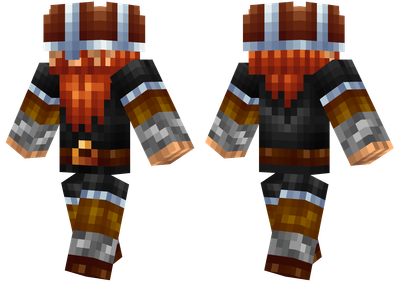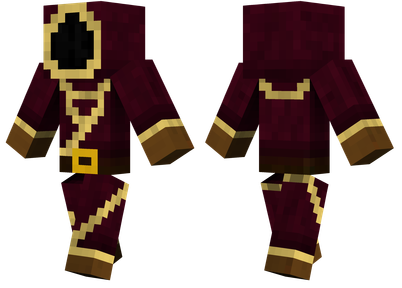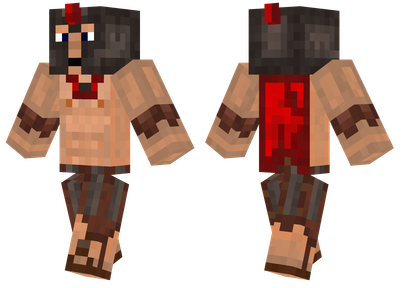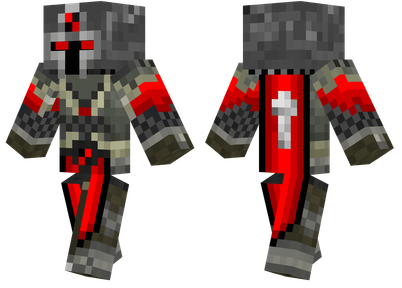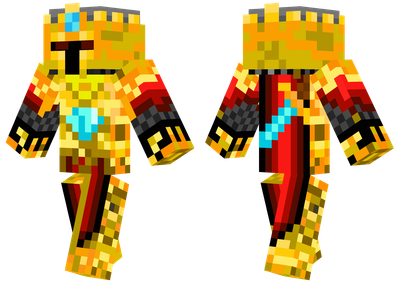In Nightdive Studios’ recent Deep Dive podcast, Looking Glass studio programmer Mark LeBron recalled the process of the team designing “audio logs” for “Cyber Shock”—a design that has become a common standard in the gaming industry today.
Before LeBron talked about this topic, he explained why "Cyber Shock 1" does not use an RPG attribute system, which is different from the previous work "Genesis: Underworld" and the sequel "Cyber Shock 2".The core reason is that Looking Glass was facing the classic challenge of action RPG at the time: how to make the attributes and skills of the D&D style work without being bound or frustrating when the player is already fully in control of the character.For example, in "The Elder Scrolls 3: Morning Breeze", waving weapons at the enemy but never hits, is a typical example of this design disconnection.
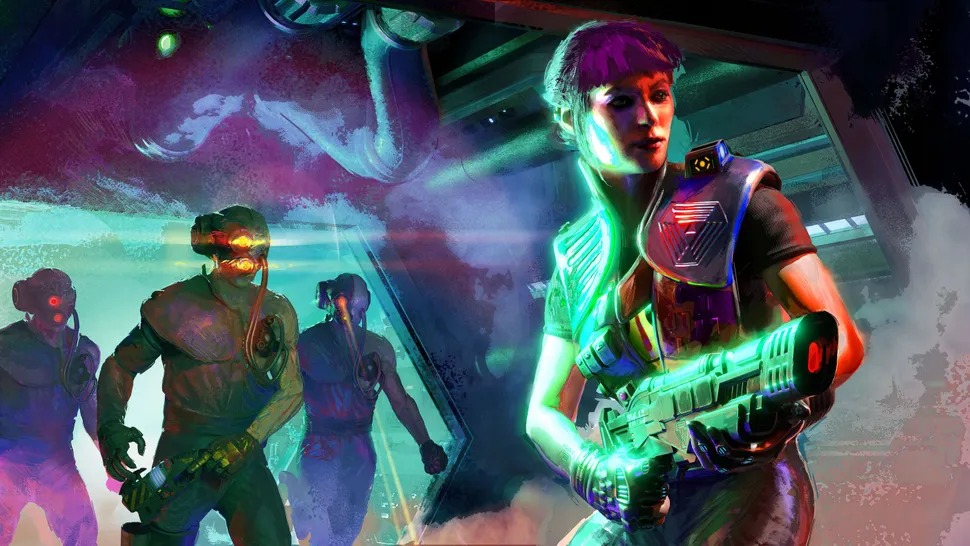
"The other thing we don't like is the state of conversation NPCs. We don't want players to 'choose from three options and browse content in the conversation tree'," LeBron said. "Especially when the rest of the game is like real-world simulations, this design is even more abrupt - suddenly being pulled out of immersion and choosing options to the menu, it feels bad."
"Yes (Cyber Shock designer) Austin Grossman came up with an idea: 'It's better to set all the people on the space station as dead, and players just need to read their diaries.'"
The result is self-evident: Although audio logs are sometimes abused these days, they can explain the plot in an atmosphere-filled way, and will not bring the rhythm of action to abruptly like cutscenes, text logs, or lengthy dialogues.
Looking Glass's design is a prescient science fiction prophecy: everyone on the Fortress Space Station is like doing a podcast.
LeBron obviously still advocates audio logs as a narrative tool. He believes that this design allows players to choose their own listening methods and reactions: whether to find a quiet corner to listen carefully, and listen casually while exploring, or rush into the battle with someone talking in his ear? "I think it works because it is interesting because it respects the autonomy of the player. By not forcing choices, you can make your own choices more devotedly," LeBron explained.



